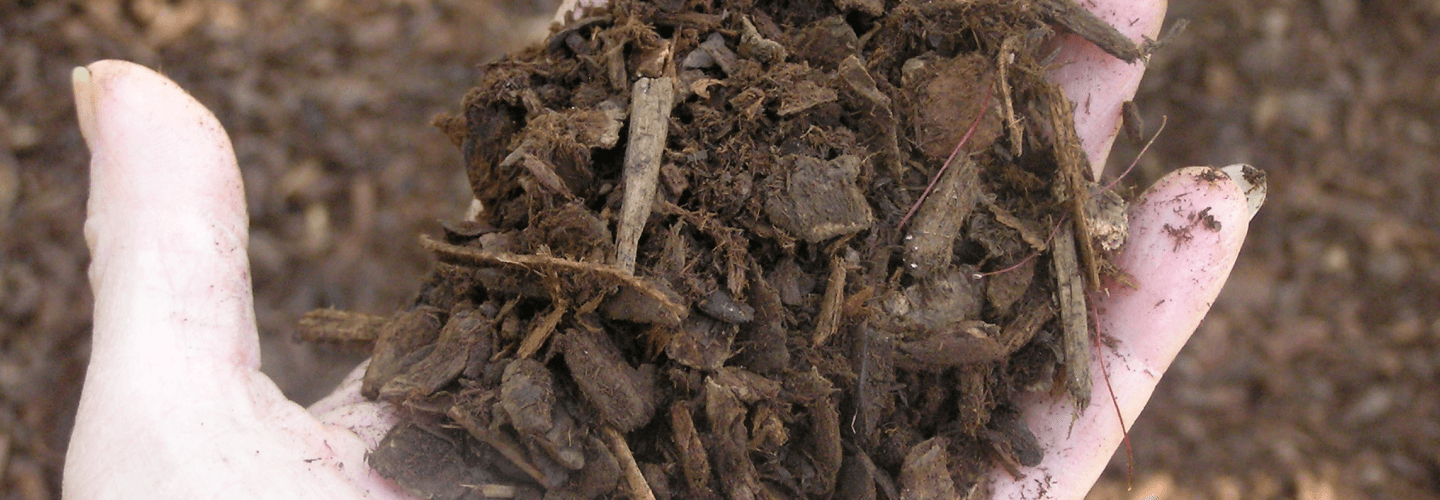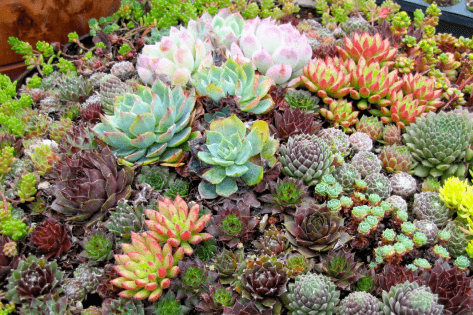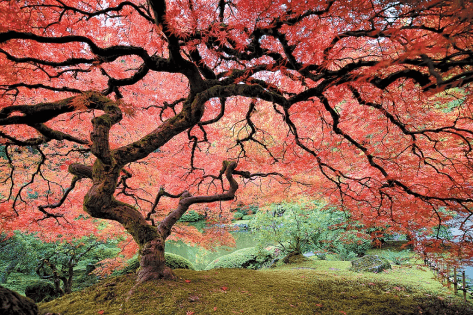
Natural Solutions for Garden Health: Mulch and Compost
Tips To Transform Your Garden with Mulch and Compost
Spreading mulch on your garden beds supports their health and beauty. It is a green, economical and beneficial health and beauty treatment for your plants and the soil they live in. Reflect for a moment on the natural and nearly untouched environment of a forest floor. The forest floor is soft, the soil is rich, the trees and plants are generally healthy and beautiful and there are very few weeds. The natural mulch that occurs from leaves, twigs and other droppings contributes a great deal to this vibrant environment. Mulching our gardens encourages similar conditions. It is helping nature do its job in our urban environment.
Health
There are different types of mulch. They are made of a variety of natural ingredients – primarily the bark and leaves from trees. These rich ingredients are a natural slow-release fertilizer and soil conditioner. In fact, many gardeners use a combination of mulch, compost and irrigation alone to fertilize their gardens and condition their soil.
Mulch is a natural, green weed retardant. By adding 3-6 inches of mulch to garden beds twice a year, weeds have less oxygen and sunlight to develop, thus slowing down and sometimes eliminating their production in your garden without the use of harmful herbicides or chemicals.
Mulch creates a cozy and healthful environment for your plants in other ways, too. It helps protect plants from freezing in cold weather by keeping the soil and roots warm and protected. In the summer, it holds moisture in the soil, allowing plants to stay cool and hydrated longer. It can be a factor in lowering your water usage.
Mulch assists the microbial and beneficial insect activity in the soil – essenthe soil – essential to healthy soil – therefore leading to healthier plants, as plants feed through their roots from the nutrients in the soil.
Leaves, particularly smaller ones that fall from trees and shrubs around the property, are a good source of mulch and help with all the processes described above, but for most urban gardens, they alone are not enough.
Beauty
Besides the health benefits, a regular program of mulching will keep a garden looking beautiful – fresh, vibrant and cared for. Plants and planting beds show up better with the background of the deep brown color and nice texture – the shapes of the garden beds are more defined. Different sizes of mulch can give many different looks, from formal to casual.
If you are not already on one, consider a once or twice-yearly mulching program for your gardens to reap the benefits of this wonderful natural product. Best seasons to apply it are fall (to snugly tuck your beds in for the winter) and spring (to retard or eliminate weeds before they pop up and insulate the roots from the coming summer heat), but any time of the year is fine.
Two other amazing natural products that have a great impact on the garden are organic compost and compost tea. I recommend using the purest, most organic products to help the plants, our families and the entire planet.
Judy Maier is a landscape designer and member of the Association of Professional Landscape Designers. For more information, e-mail judy@judysgardens.com.


